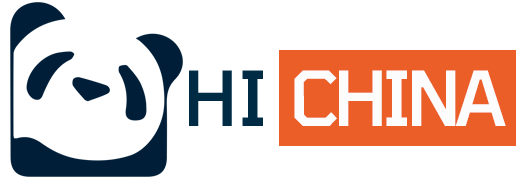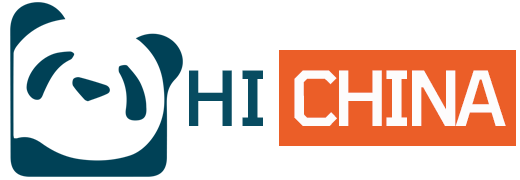Chinese Herbal Medicine
Chinese Herbal Medicine, a cornerstone of Traditional Chinese Medicine (TCM), represents a profound and ancient system of healing that utilizes plants, animals, and minerals to treat and prevent illness. This holistic approach to health dates back thousands of years and is rooted in the philosophy of balancing Yin and Yang and harmonizing the Five Elements.

Core Principles
- Holistic Treatment: Chinese herbal medicine treats the individual as a whole, addressing not just the symptoms but the underlying causes of disease.
- Individualization: Formulas are tailored to each patient's unique constitution, condition, and stage of illness.
- Synergy: Herbs are often combined in complex formulas to enhance their efficacy and mitigate potential side effects.
- Balance: The goal is to restore balance within the body by regulating qi (energy) and blood flow, and nourishing the zang-fu organs.
Types of Herbs
- Cold and Hot Herbs: Based on their energetic properties, herbs are classified as cold, cool, warm, or hot, aiming to balance the body's temperature and energy.
- Tonics and Sedatives: Tonics are used to strengthen and nourish, while sedatives calm and relax.
- Herbs for Detoxification: These herbs help eliminate toxins and cleanse the body.
- Blood-Moving Herbs: Promote blood circulation and alleviate pain.
Preparation and Administration
- Decoctions: The most common form, where herbs are boiled in water and consumed as a tea.
- Powders and Pills: Herbs can also be taken in powdered or pill form for convenience.
- Topical Applications: Some herbs are used externally in the form of pastes, oils, or baths.
Benefits and Uses
- Chronic Illnesses: Chinese herbal medicine is often used to manage chronic conditions such as arthritis, digestive disorders, and respiratory issues.
- Acute Conditions: Herbs can also be effective in treating acute conditions like colds, flu, and injuries.
- Prevention and Wellness: Regular use of certain herbs can boost immunity, improve digestion, and promote overall well-being.
Terminology
| Chinese (中文) | English |
|---|---|
| 中药 (Zhōng Yào) | Chinese Herbal Medicine |
| 传统中医 (Chuán Tǒng Zhōng Yī) | Traditional Chinese Medicine |
| 阴阳 (Yīn Yáng) | Yin and Yang |
| 五行 (Wǔ Xíng) | Five Elements |
| 气 (Qì) / 氣 (Chì) | Qi (Vital Energy) |
| 脏腑 (Zàng Fǔ) | Zang-Fu Organs |
| 草药 (Cǎo Yào) | Herbal Medicine |
| 汤剂 (Tāng Jì) | Decoction |
| 粉剂 (Fěn Jì) | Powder |
| 丸剂 (Wán Jì) | Pill |
| 外用 (Wài Yòng) | Topical Application |
Chinese herbal medicine offers a natural and holistic approach to healthcare, emphasizing the interconnectedness of the body and the importance of balance. Its rich history and complex system of knowledge continue to be studied and practiced worldwide, contributing to the field of integrative medicine.








